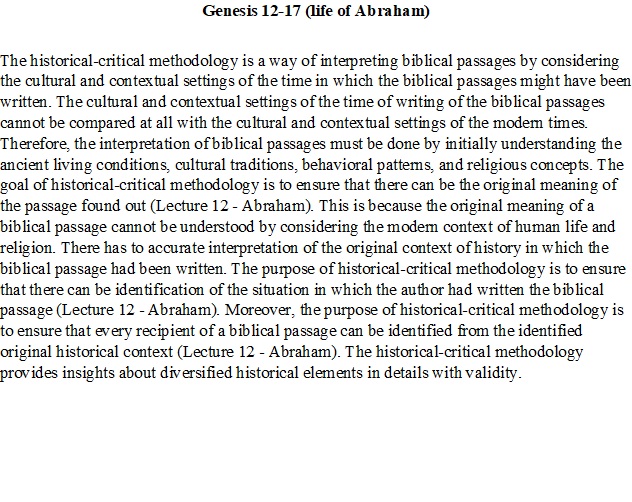


Q Over the course of the semester you will be expected complete three short papers in response to a prompt. These response papers will combine information from class lecture and readings with your own opinions on important or difficult topics. These are not research topics, so no information outside of the material discussed in class lectures and covered in class readings is required, but an excellent paper will thoughtfully integrate both primary and secondary sources in response to the prompts. Arguments should be supported by specific details and should demonstrate that the student has read and engaged with the relevant primary and secondary sources. Successful papers will be clearly organized and structured with a thesis, supporting arguments, and a conclusion. Note that the prompts are a starting point to help you formulate your response. Do not merely provide short, wooden answers to the questions provided, but instead use them to guide your thought process as you prepare these papers. An ideal paper will paper both formulate a thesis as well as critique or evaluate other potential interpretations. Each paper is worth 5% of your grade (50 points each). To appropriately cover these topics each paper should be a minimum of 2 pages. Prompt for Response Paper 2 (pick 1) 1) Define the historical-critical methodology. What does it mean and what is its goal and purpose? Demonstrate how using critical methodologies can help a reader better understand one of the following biblical passages: a. Genesis 1-3 (creation) b. Genesis 6-9 (flood) c. Genesis 12-17 (life of Abraham)
View Related Questions